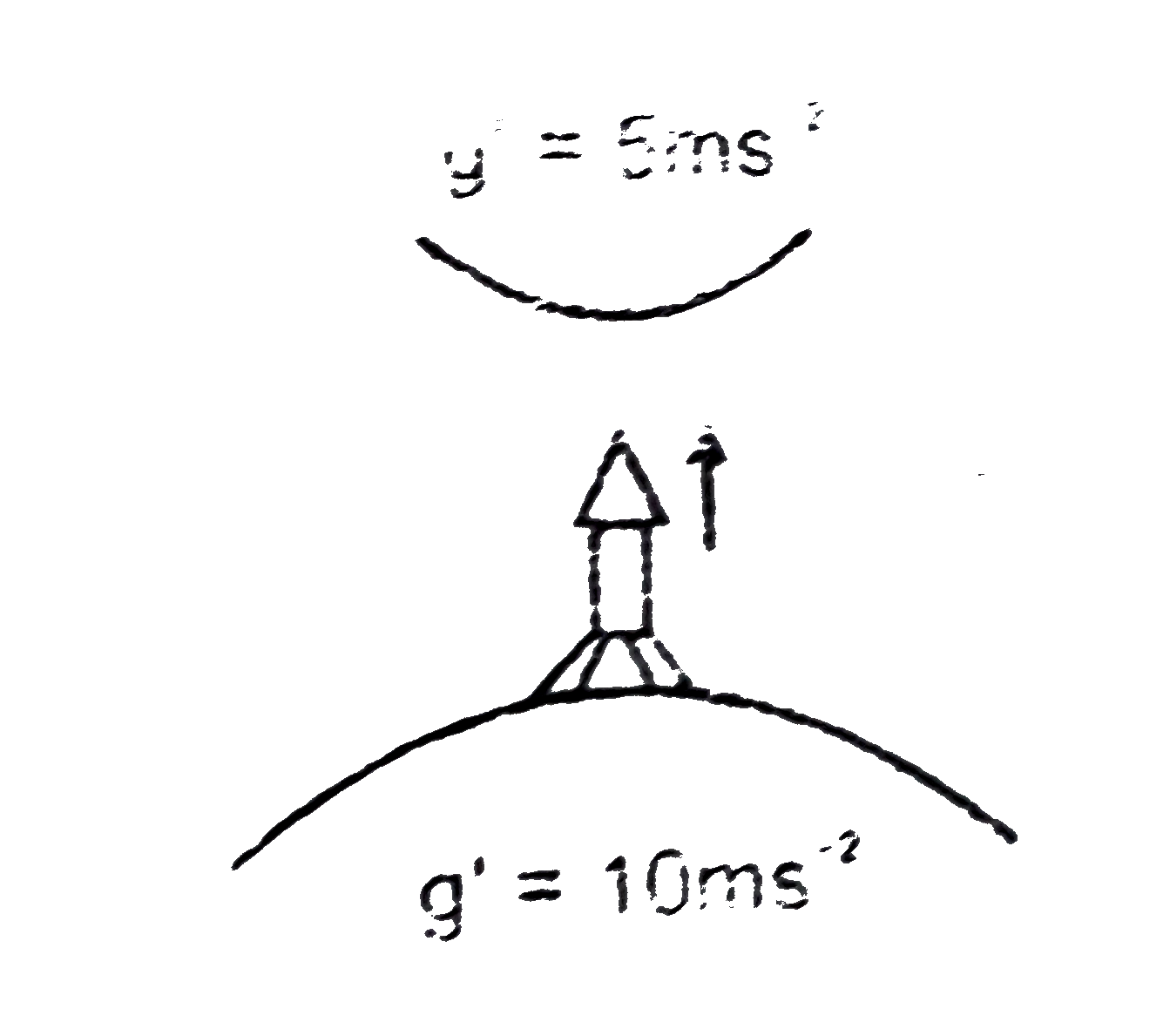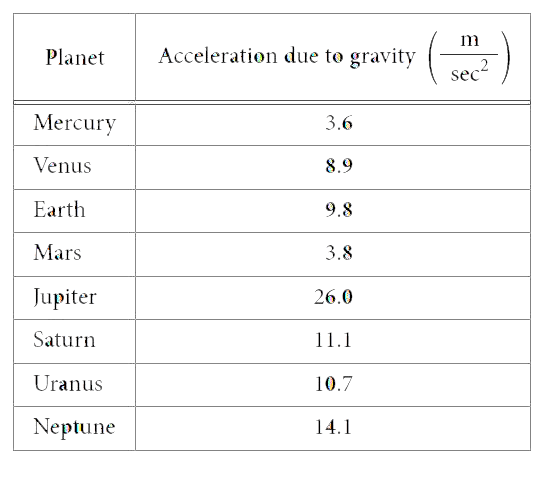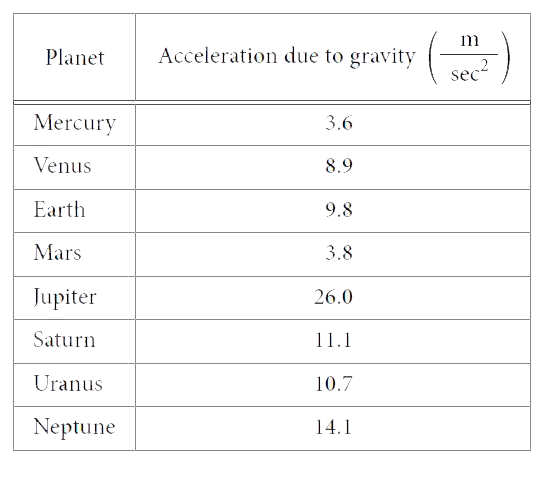The largest planet of solar system is
Pluto
earth
Mercury
Jupiter
The correct Answer is:D
Step-by-Step Solution:
1. Identify the Options: The question provides three options: Pluto, Mercury, and Jupiter.
2. Recall the Order of Planets: The planets in our solar system, in order from the Sun, are Mercury, Venus, Earth, Mars, Jupiter, Saturn, Uranus, and Neptune.
3. Eliminate Non-Planets: It is important to note that Pluto is no longer classified as a planet; it is considered a dwarf planet. Therefore, we can eliminate Pluto from consideration.
4. Compare the Remaining Options: We are left with Mercury and Jupiter.
5. Determine the Size: Among the remaining options, we know that Mercury is the smallest planet in the solar system, while Jupiter is known to be the largest planet.
6. Conclusion: Based on the information, the largest planet in the solar system is Jupiter.
Final Answer: Jupiter
---
Topper's Solved these Questions
Similar Questions
Write the component statements of the following compound statements and check whether the compound statement is true or false
(i) Venus is the smallest and Jupiter is the largest planet of solar system.
(ii) India is a country and Asia is a continent.
(iii) Commutative law holds for addition and subtraction of rational number.
(iv) Additive inverse exists for natural number and rational number
(v) 32 is a multiple of 2, 3 and 4.
View SolutionIf accleration due to gravity on the surface of earth is 10ms−2 and let acceleration due to gravitational acceleration at surface of another planet of our solar system be 5ms−2 An astronaut weighing 50kg on earth goes to this planet in spaceship with a constant velcity The weight of the astronaut with time of fiight is roughly given by
 .
.
View Solution
Knowledge Check

The chart above shows approximate of the acceleration due to gravity in meters per second squared (msec2) for the eight planets in our solar system. The weight of an object on a given planet can be found by using the formula W=mg, where W is the weight of the object measured in newtons, m is the of the object measured in kilograms, and g is the acceleration due to gravity on the planet measured in msec2.
An object on Earth has a weight of 150 newtons. On which planet would the same object have an approximate weight of 170 newtons?AvenusBsaturnCuranusDneptune
The chart above shows approximate of the acceleration due to gravity in meters per second squared (msec2) for the eight planets in our solar system. The weight of an object on a given planet can be found by using the formula W=mg, where W is the weight of the object measured in newtons, m is the of the object measured in kilograms, and g is the acceleration due to gravity on the planet measured in msec2.
What is the weight, in newtons, of an object on Mercury with a mass of 90 kilograms?A25B86C101D324Our Solar system belongs to
ARadio galaxyBWhirl pool galaxyCSeyfert galaxyDMilky way galaxy
Consider a planet in some solar system which has a mass double the mass of the earth and density equal to the average density of the earth. An object weighing W on the earth will weigh
View SolutionThe motion of planets in the solar system in an example of conservation of
View SolutionA planet in a distant solar systyem is 10 times more massive than the earth and its radius is 10 times smaller. Given that the escape velocity from the earth is 11kms−1, the escape velocity from the surface of the planet would be
View SolutionA planet in a distant solar systyem is 10 times more massive than the earth and its radius is 10 times smaller. Given that the escape velocity from the earth is 11kms−1, the escape velocity from the surface of the planet would be
View SolutionAssertion: The length of the day is slowly increasing.
Reason: The dominant effect causing a slowdown in the rotation of the earth is the gravitational pull of other planets in the solar system.
View Solution
